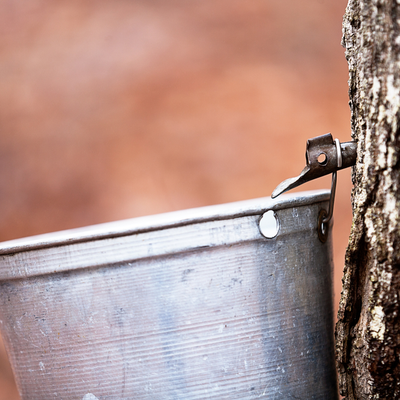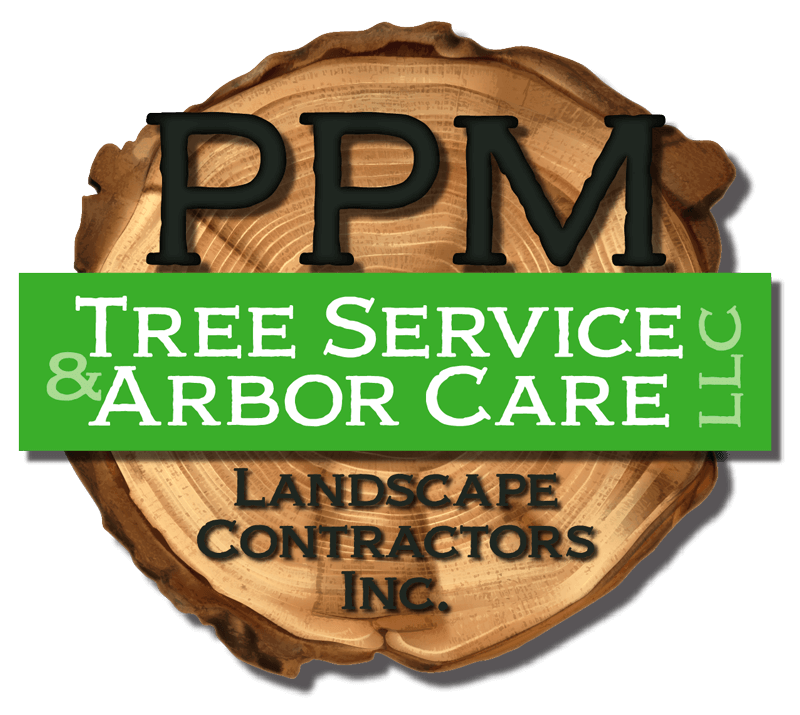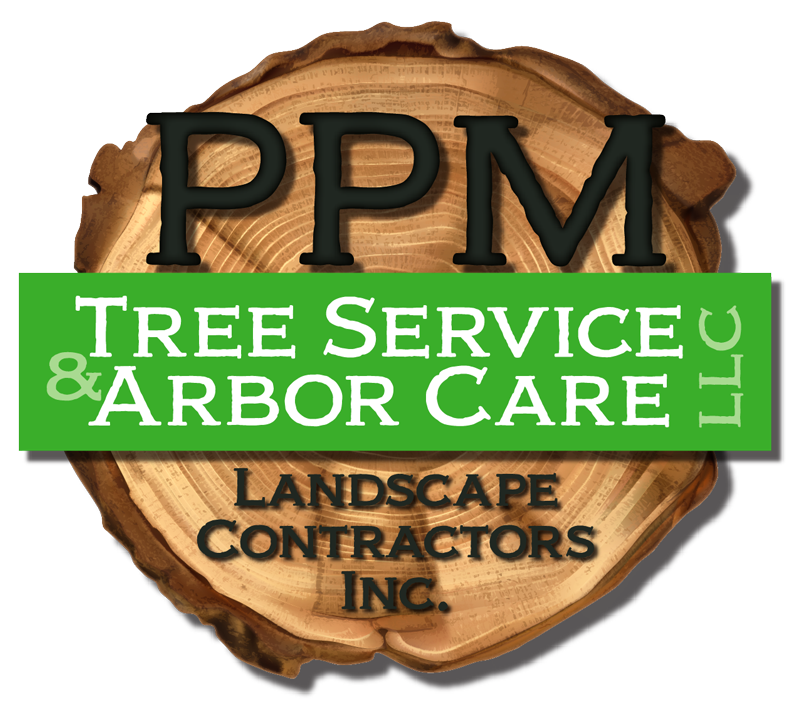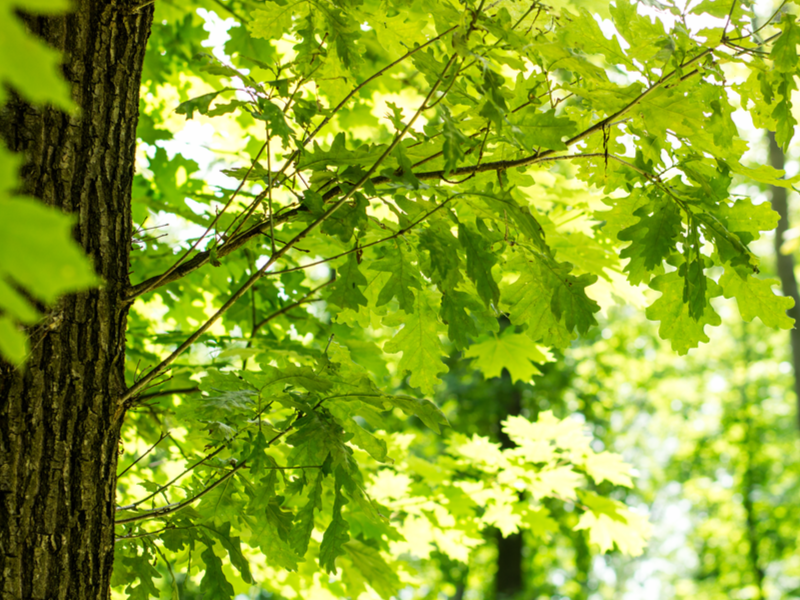9 Interesting Facts About Maples
Every fall, we Michiganders look for the vibrant red maple trees that burst into color. Maples are so commonplace, we take them for granted. Yet, these trees are one of the most fascinating in North America. At PPM Tree Service, we see quite a few of them during the course of our tree and shrub care packages. It’s one of our favorites, and we’d like to share our love of maples with some fascinating facts.
9 Things You Might Not Know About Maples
Maples Take At Least 30 Years To Produce Syrup 
Well, technically the syrup, which is derived from the sap, is produced over the course of its whole life. However, in order for the tree to grow successfully and thrive after tapping, it needs to be at minimum 30 years old. Preferably 50 – 60.
One Gallon Of Syrup = 40 Gallons Of Sap
The amount of sap needed to make just one gallon of syrup is enormous. Since the sap is mostly water, you have to boil the sap day and night to slowly reduce it down until it’s concentrated as sugar. Indigenous communities relied on this sap to get them through the last stretch of winter. The last full moon before spring is referred to as the “Maple Sugar Moon,” what Westerners would call “March.” This maple syrup helped feed communities that had gone through their winter food stores and give them a final boost before spring weather returns and with it the other crops and animals.
Maple Trees Are Ancient
According to the fossil record, maple trees have been around in some form for over 60 million years. That’s right at the end of the Cretaceous period, so it’s possible that maple trees – or at least their ancestors – have been around since the time of the dinosaurs!
Maple Trees Have Long Lifespans
As tree care experts of Michigan, we know how well trees can thrive if properly cared for, and maples are perfect examples. If you take good care of maple, it can easily live to over 200 years. And since maples can be tapped for sap for than once, some trees have been producing syrup for over a century! Imagine enjoying syrup from the exact same tree as someone alive over 100 years ago! Pretty neat!
Without Maples, Tennessee Whiskey Wouldn’t Exist
Part of what makes Tennessee whiskey distinct is its smoky flavor. This smokiness comes from filtering the whiskey through charcoal made of the sugar maple tree. It’s known as the “Lincoln County Process,” named for the original county where Jack Daniel’s was located on its establishment. The next time you enjoy a glass of Tennessee whiskey, be sure to give a toast to the maple tree!
Maple Trees Are Musical
Many musical instruments like violins, cellos, bassoons, and the necks of certain guitars, are all made of maple wood because of their excellent ability to dampen sound so the instrument doesn’t sound off. It’s also a sturdy wood, which is required for the tension but on the instrument by the strings.
Syrup Comes From Multiple Maples
Sugar, black, silver, and red maples all can produce the sap needed to make maple syrup. Sugar maples, however, have the highest concentration of sap to syrup, so they are the preferred species.
One Of The Oldest Maples Is The Comfort Maple
Named after the Comfort family who purchased the land it lives on, this tree is believed to be well over 500 years old. We won’t know for certain just how old the tree is because that would involve counting the rings, experts believe this tree is one of the oldest maples in Canada, and certainly the world. The circumference of its trunk is 20 feet!
Pioneers Used Maples For Dyes
Early white settlers and pioneers used the bark of red maples to create black dyes for clothing and also for ink!
Preserve Your Maple Trees For Generations With A Good Tree Care Plan
PPM Tree Service & Arbor Care provides tree cabling, fertilization, and tree trimming near Canton, Michigan. Our team of experts can help you nurture trees from saplings to landmark trees so your family can enjoy their beauty and shade for generations. Learn more about what we can do for your trees – call (877) 454-8733 or ask an expert online. Our monthly blog features articles on tree care and related topics so be sure to check it out! You can also connect with us on social media:
Like us on Facebook.
Follow us on Twitter.
Browse our Pinterest boards.


